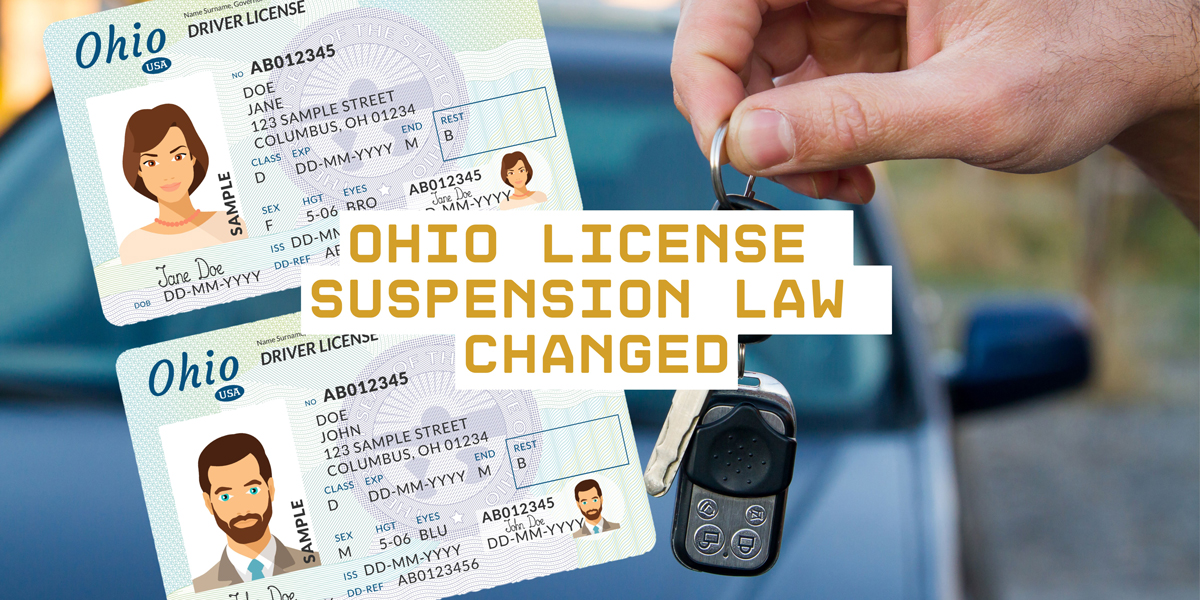
Asking Employees About Vaccination Status and Providing Accommodations: EEOC Updated Employer Guidance Regarding Vaccinations in “What You Should Know About COVID-19 and the ADA, the Rehabilitation Act, and Other EEO Laws.”
On October 13, 2021, the EEOC updated portions of its guidance on employee vaccinations contained in the frequently asked questions (FAQ) section of its website entitled “What You Should Know About COVID-19 and the ADA, the Rehabilitation Act, and Other EEO Laws.”
The EEOC guidance provided some clarification for Employers that have decided to implement Covid-19 vaccination policies, along with several other points that Employers should consider in establishing an employee COVID-19 vaccination policy:
- The Americans with Disabilities Act (ADA) does not prevent an employer from inquiring about or requesting documentation or other confirmation that an employee received a vaccination.
- However, documentation or other confirmation of vaccination provided by the employee to the employer is medical information about the employee and must be kept confidential.
- If an employer or its agent offers voluntary vaccinations to employees, meaning that the employer does not require vaccination, the employer must comply with federal employment nondiscrimination laws. For example, not offering voluntary vaccinations to certain employees based on national origin or another protected basis under the EEO laws would not be permissible.
- If an employer requires its employees to be vaccinated, then the employer will have to show that any pre-vaccination screening questions are “job related and consistent with business necessity.”
The ADA applies to employers that require employees to be vaccinated. To request an accommodation, an individual does not need to mention the ADA or use the phrase “reasonable accommodation,” just as is the case with any other request for a disability-related accommodation.
- If a particular employee cannot meet the requirement to be vaccinated, because of a disability, the employer may not require compliance for that employee unless it can demonstrate that the individual would pose a “direct threat” to the health or safety of the employee or others in the workplace. A “direct threat” is a “significant risk of substantial harm” that cannot be eliminated or reduced by reasonable accommodation.
- Employees who are not vaccinated due to pregnancy may be entitled to job modifications, including telework, changes to work schedules or assignments, and leave to the extent such modifications are provided for other employees who are similar in their ability or inability to work. Employers should ensure that supervisors, managers, and human resources personnel know how to handle such requests to avoid disparate treatment in violation of Title VII.
- The ADA does not limit the incentives an employer may offer to encourage employees to voluntarily receive a COVID-19 vaccination, or to provide confirmation of vaccination, if the health care provider administering a COVID-19 vaccine is not the employer or its agent. By contrast, if an employer offers an incentive to employees to voluntarily receive a vaccination administered by the employer or its agent, the ADA’s rules on disability-related inquiries apply and the value of the incentive may not be so substantial as to be coercive.
- When the employer or its agent administers a COVID-19 vaccine, the value of the incentive (which includes both rewards and penalties) may not be so substantial as to be coercive. Because vaccinations require employees to answer pre-vaccination disability-related screening questions, a very large incentive could make employees feel pressured to disclose protected medical information to their employers or their agents.
As these existing and recently updated guidance documents demonstrate, there are some considerations that employers should address prior to constructing and implementing vaccination policies with respect to the ADA and other employment laws. If you have legal questions regarding these issues, please contact Kristina Curry at kcurry@pselaw.com or 937.223.1130.












